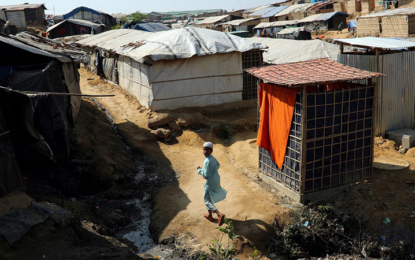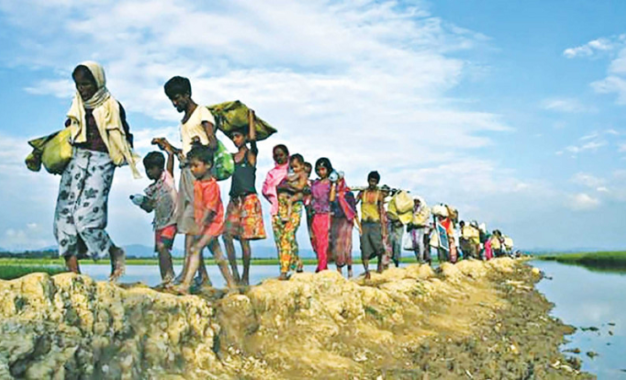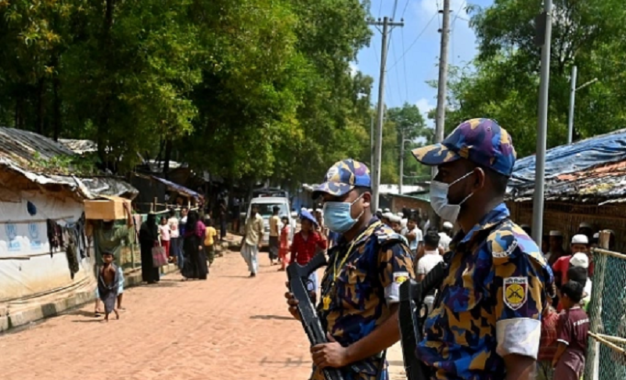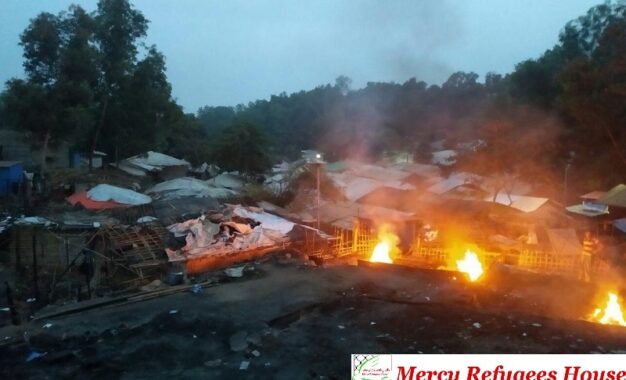Latest News
Bangladesh: Rohingya Refugee Schools Face Closure
Bangladesh, Education, Help Refugees, Human Rights, Myanmar, Refugees Issues, Religious Rights

The Bangladesh government should urgently reverse a decision to close thousands of home-based and community-led schools for Rohingya refugee students, Human Rights Watch said today. Unless the foreign minister or the disaster management minister overturns the action, approximately 30,000 children will lose their access to education.
The decision was issued on December 13, 2021 by the Refugee Relief and Repatriation Commissioner, a Bangladesh government official responsible for education policy in the refugee camps where about 400,000 school-age children are confined. Four Rohingya teachers and two community leaders confirmed the school closures, but said no rationale was provided. Humanitarian workers said they had no warning of the decision or ability to provide alternatives.
ALSO READ THIS: UN EXPERT UNDERSCORES IMPORTANCE OF HUMAN RIGHTS FOR ROHINGYA
“Bangladesh’s decision to close schools for Rohingya refugee children violates the right to education on a massive scale,” said Bill Van Esveld, associate children’s rights director at Human Rights Watch. “This cruel decision should be immediately reversed so that Rohingya children can get an education, which will be especially critical for their return to Myanmar when it is safe to do so.”
The Bangladesh government saved countless lives when it opened its borders to ethnic Rohingya fleeing atrocity crimes by Myanmar’s military in August 2017. However, as part of a policy to prevent refugees from integrating in the country, the authorities barred Rohingya children’s access to public and private schools. They also severely restricted the education programs that humanitarian groups could provide inside the refugee camps in Cox’s Bazar, near the Myanmar border. Now the alternative schools inside the camps are at risk.
Amazon Sponsorship
Recent Posts
Jul 29, 2023
It has been close to six years since hundreds of thousands of Rohingya faced a deadly genocide by Myanmar’s military and fled the country in search of protection and refuge in neighbouring Bangladesh. The Rohingya population has been undergoing persecution, discrimination, arbitrary arrests, and atrocities in Myanmar for over seven decades. Their condition is alarmingly […]


















